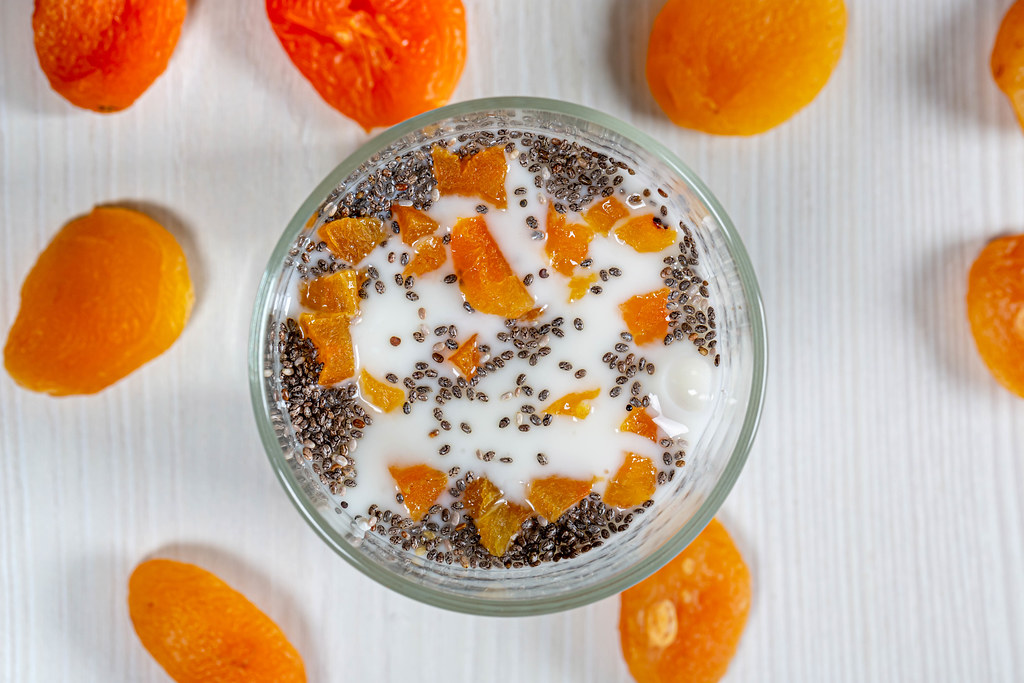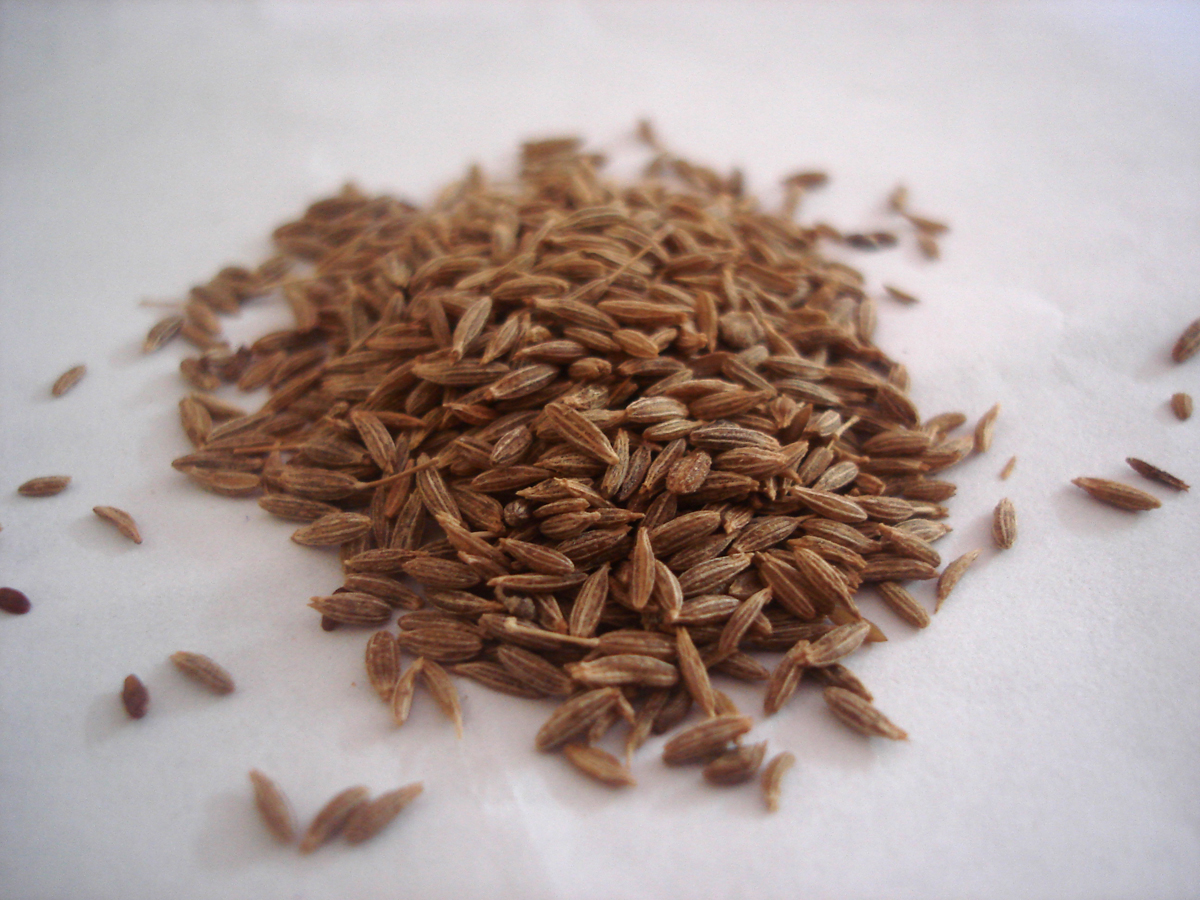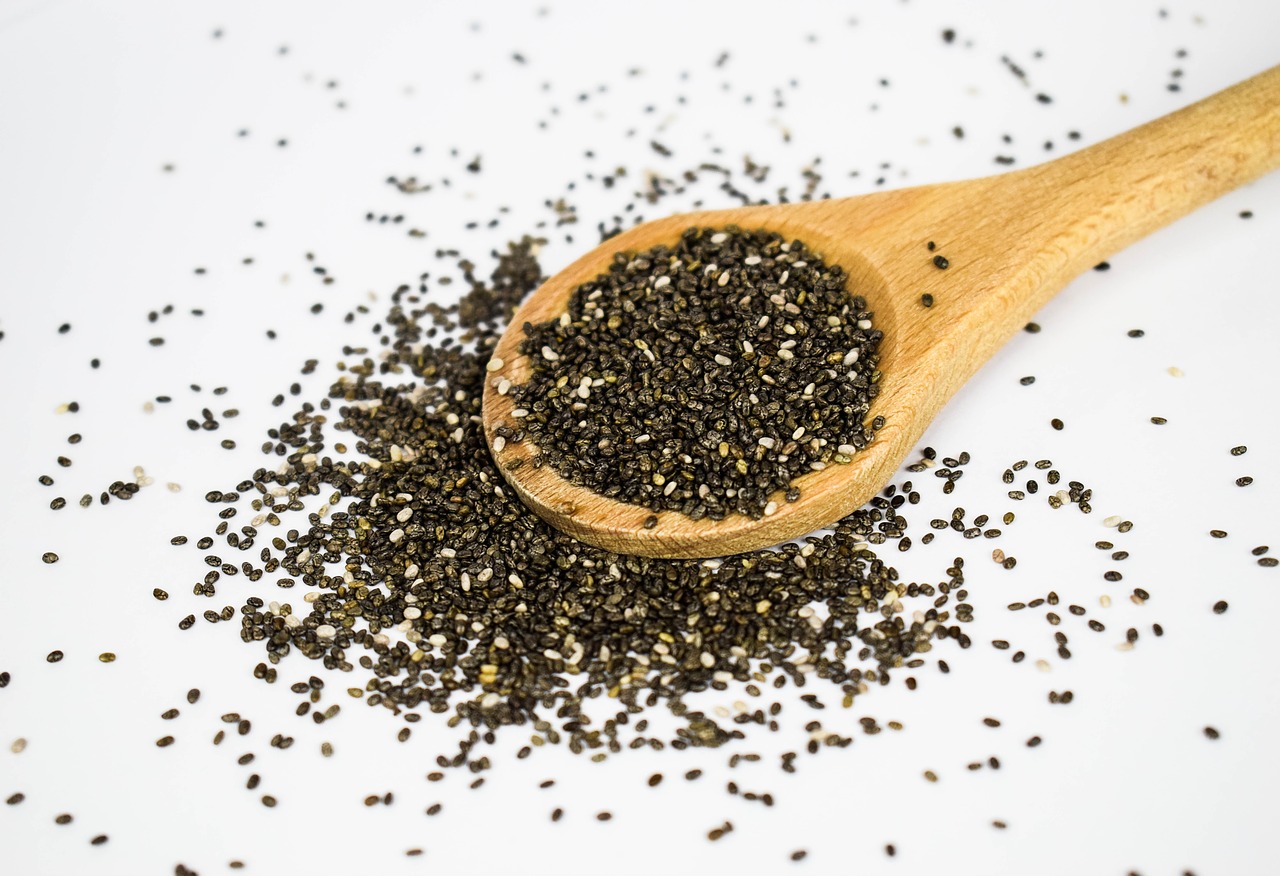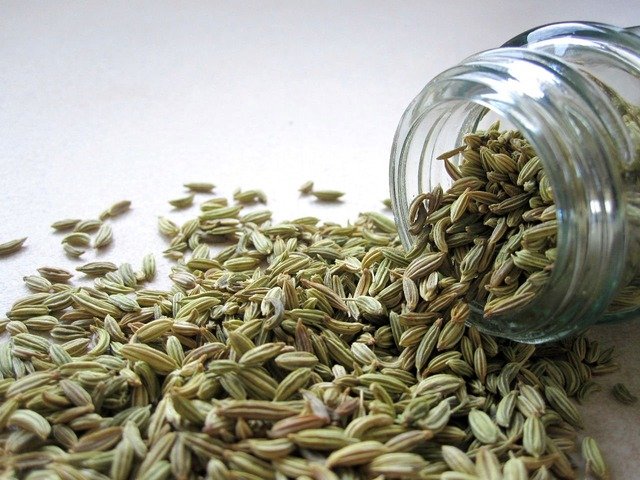
If you’re looking for a tasty and satisfying treat that can also support your weight loss goals, chia pudding is the perfect option. Chia seeds, when combined with liquid, create a creamy and pudding-like consistency that is not only delicious but also packed with nutrients. Whether enjoyed as a breakfast, snack, or dessert, chia pudding can be a valuable addition to your weight loss journey. Let’s dive into the world of chia pudding and discover how it can satisfy your cravings while nourishing your body. 🌱🍮💪
1. Rich in Fiber for Satiety and Digestive Health 🌾🍮
Chia seeds are an excellent source of dietary fiber, which is known for its ability to promote feelings of fullness and satiety. When consumed, chia seeds absorb liquid and expand in the stomach, creating a gel-like consistency that can help keep you satisfied for longer periods. This can prevent overeating and snacking between meals, supporting your weight loss goals. Additionally, the fiber in chia seeds supports healthy digestion and contributes to a well-functioning digestive system. Embrace the fiber-rich goodness of chia pudding and nourish your body while curbing your appetite. 🌟🍽️💚
2. Protein-Packed to Support Muscle Maintenance 💪🍮🌿
Protein is an essential nutrient for weight loss, as it helps preserve muscle mass and promotes feelings of fullness. Chia seeds are a surprising source of plant-based protein, making chia pudding a great option to incorporate into your diet. Protein aids in muscle repair and maintenance, which is crucial for supporting your metabolism and achieving a toned physique. By enjoying chia pudding, you can indulge in a delicious treat while providing your body with the protein it needs to thrive during your weight loss journey. Embrace the protein-packed goodness of chia pudding and support your muscles. 🌟💪🥗
3. Healthy Fats for Sustained Energy 🥜🍮💫
Chia seeds are rich in healthy fats, including omega-3 fatty acids, which provide a sustained source of energy. These fats contribute to satiety and help keep you feeling satisfied and energized throughout the day. By incorporating chia pudding into your routine, you can benefit from the slow release of energy from healthy fats, making it easier to maintain your calorie goals and resist temptations. Embrace the energy-boosting power of chia pudding and fuel your weight loss journey. 🌟🍮💚
4. Versatility and Customization for Taste Preferences 🌿🍮👩🍳
One of the fantastic aspects of chia pudding is its versatility and customization options. You can create endless variations to suit your taste preferences and dietary needs. From classic vanilla and chocolate to fruity flavors like strawberry or tropical mango, the possibilities are endless. You can also experiment with different toppings, such as fresh fruits, nuts, seeds, or a drizzle of natural sweeteners like honey or maple syrup. By getting creative in the kitchen and customizing your chia pudding, you can enjoy a delicious and personalized treat that satisfies your cravings while aligning with your weight loss goals. Embrace the culinary adventure of chia pudding and let your taste buds rejoice. 🌟👩🍳🍮
5. Easy to Prepare and Meal Prep Friendly 🌿🍮🍽️
Preparing chia pudding is incredibly easy and can be done in advance, making it a convenient option for meal prep. Simply combine chia seeds with your choice of liquid (such as almond milk, coconut milk, or yogurt), sweeten if desired, and let it sit in the refrigerator overnight. In the morning, your chia pudding will be ready to enjoy. You can prepare multiple servings at once and store them in individual containers, ready to grab and go throughout the week. This makes chia pudding a perfect solution for busy schedules and ensuring you have a healthy and satisfying option readily available. Embrace the simplicity of chia pudding and make meal prep a breeze. 🌟🍮🍽️
Chia pudding is not only a delicious and nutritious treat, but it also offers benefits for weight loss. Its fiber content promotes satiety, protein supports muscle maintenance, healthy fats provide sustained energy, and its versatility allows for customization to suit your taste preferences. So, why not indulge in a delightful chia pudding and let it be a delightful addition to your weight loss journey. 🌱🍮💪













